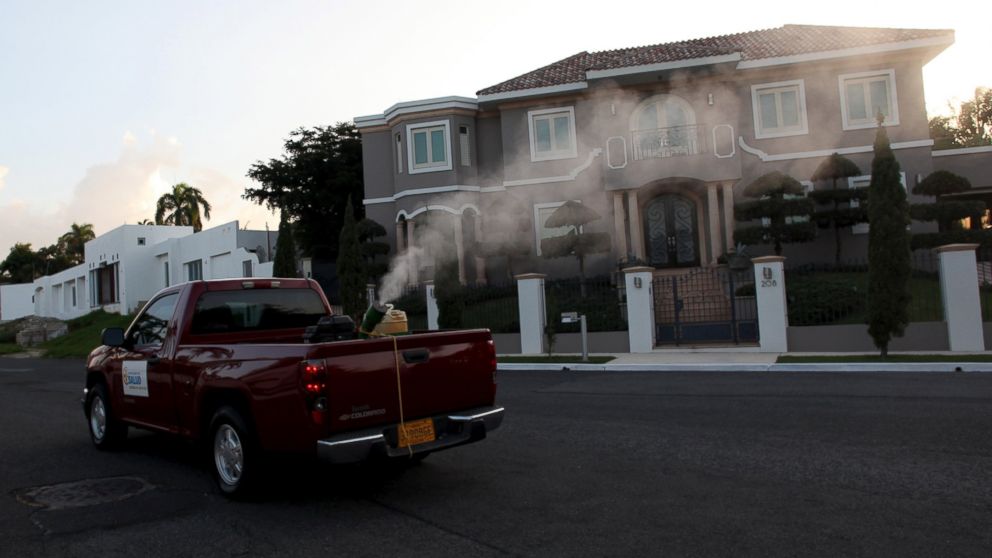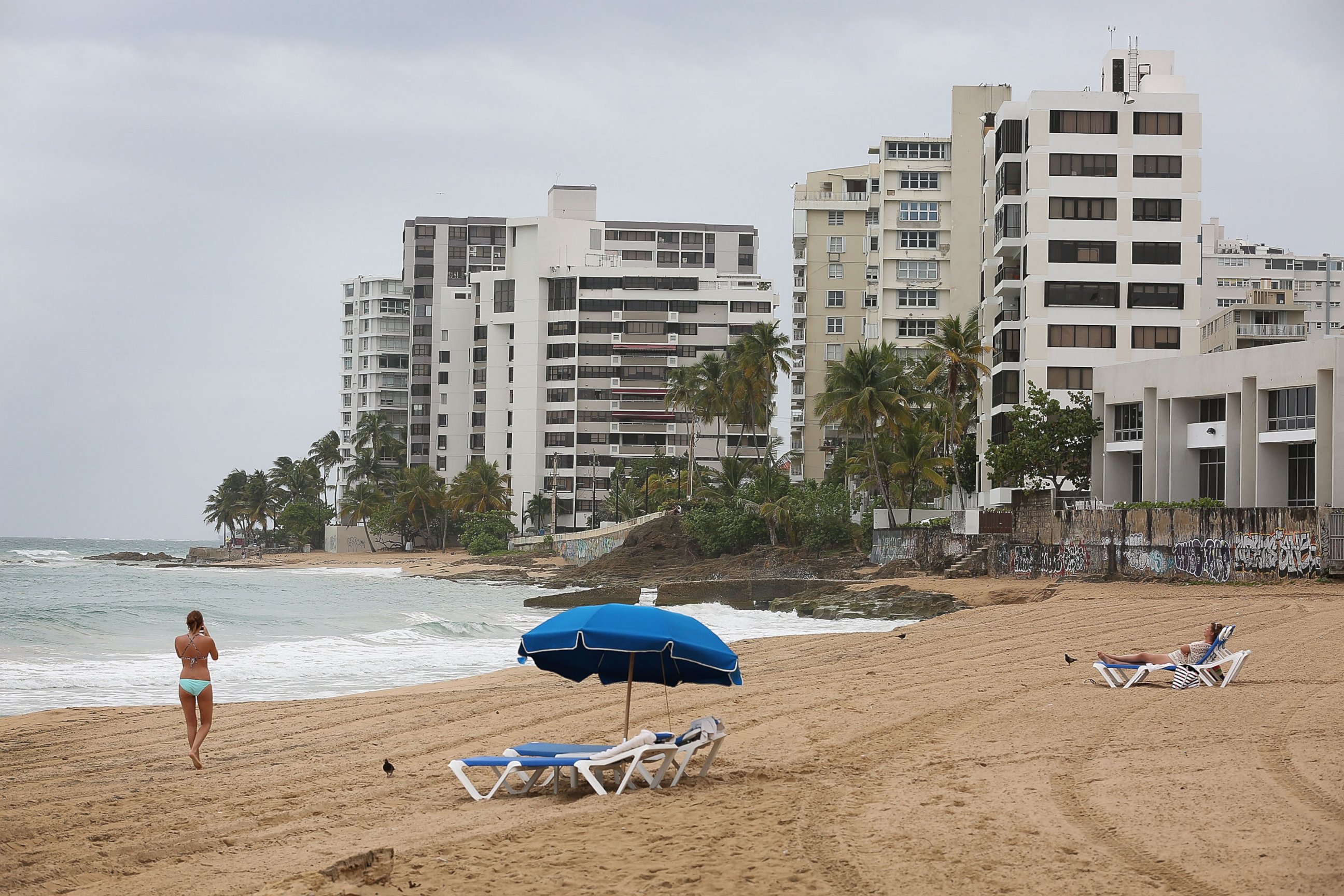Tourism Industry in Cash-Stapped Puerto Rico Attempts to Calm Zika Fears

— -- Puerto Rico's tourism industry is hoping to ease tourists' concerns about the Zika virus on the cash-strapped island, describing the extra precautions businesses are taking.
"We feel this has been blown out of proportion," Clarisa Jimenez, president and CEO of the Puerto Rico Hotel and Tourism Association told ABC News. "We have taken all the measures that the CDC has recommended from day one."
Tourism is particularly important to Puerto Rico, as the U.S. commonwealth struggles through its recession and its inability to pay $72 billion in public debt. Puerto Rico's hotel business comprises about 7.1 percent of the island's GDP, and adding satellite businesses brings the percentage closer to 10 percent, according to the Puerto Rico Tourism Company, the public corporation that promotes the island.
Following a strong year in tourism in 2015, occupancy rates grew 11 percent in January compared to last year, according to the Puerto Rico Tourism Company. But February growth was down 3 percent and March growth was down 5 percent.
The Puerto Rico Tourism Company is pushing to inform potential visitors about misconceptions about the presence of the virus on the island. Zika is typically spread by mosquito bites, but sexual intercourse can also spread the disease. The Centers for Disease Control and Prevention has said Zika can cause a birth abnormality called microcephaly, in which babies are born with unusually small heads.
The tourism group hopes to make clear that the CDC hasn't banned travel to the island when it recently issued an "alert level two" notice to Puerto Rico and other destinations. The CDC suggests that travelers "practice enhanced precautions" when traveling to Puerto Rico. The CDC has three levels of travel warnings: watch level one, alert level two and warning level three.

Authorities and hotels say they are taking extra precautions with regular EPA-approved repellent spraying procedures, assuring proper chlorine levels in pools and fountains and informing guests about practices like keeping balcony doors and windows closed at night and applying sunscreen first before repellent.
The Puerto Rico Tourism Company, which follows CDC's recommendations that pregnant women avoid travel to certain destinations, also points out that less than one-half of one percent of Puerto Rico's 3.5 million residents have contracted the Zika virus. The majority of Zika cases are concentrated in areas away from typical tourist destinations, the company said. Puerto Rico has counted 785 confirmed cases of the virus, including its first death from it.
Marisol Colon, cluster general manager of Embassy Suites Hotels, Puerto Rico, said hotel cancellations were greater than expected in the first three months of the year, but she is optimistic about the upcoming summer months, which are actually considered low season.
"People are shying away from their concerns and starting to visit the island," Colon told ABC News.
Jimenez said leisure travel to the island has increased 20 percent, year-over-year. More than 60 groups visited the island in March and April, including the American College of Osteopathic Family Physicians Spring Convention in San Juan.
Dr. Larry W. Anderson, who attended the convention said in a statement that the city, hotels and restaurants "have been very intentional of making sure that there is no place for mosquitoes to hatch, to lay eggs or to breed."



